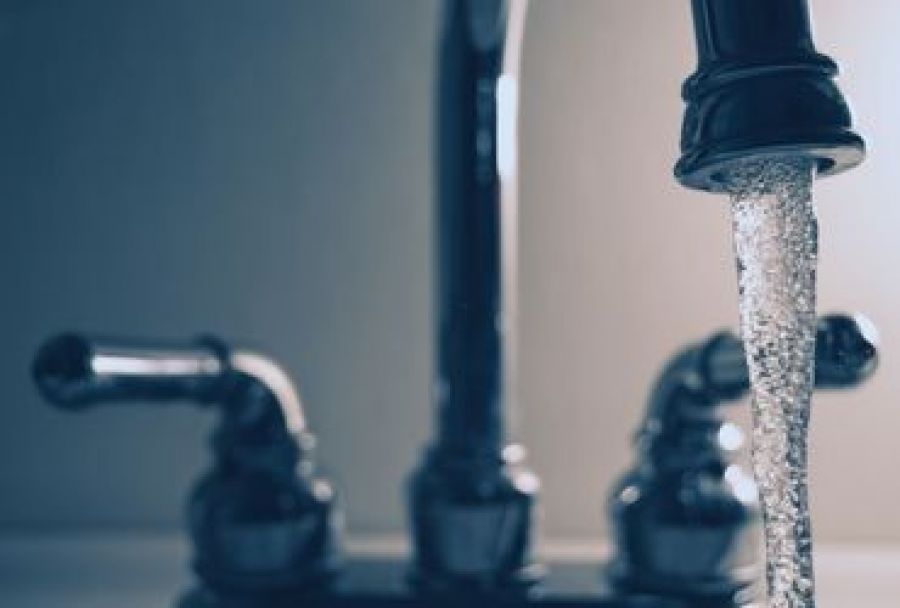What Is Plumbers Grease?

Professional plumbers have long used a substance known as Plumbers Grease to help keep plumbing fixtures functioning properly. Plumbers Grease is specifically designed to be used to protect plumbing fixtures and pipes from corrosion, wear-and-tear, and leaks.
Plumbers grease can be used on a variety of different types of plumbing fixtures, including faucets, pipes, and valves. Plumbers almost always use Plumbers Grease when installing faucets to properly lubricate them in order to prevent noises and wear-and-tear in high-traffic areas.
Whether you’re a professional plumber or a home handyman, Plumbers Grease is a very versatile tool when used correctly and can be extremely helpful to get the job done right.
What Is Plumbers Grease
Plumbers grease is a versatile, durable, and waterproof lubricant that is specifically designed to help protect and prolong the life of your plumbing fixtures.
It is made from a variety of materials, including petroleum and synthetic oils. Plumbers grease is available in both liquid and solid form, and it’s versatile since it can be applied to both metal and plastic surfaces.
Plumbers Grease is also referred to as faucet grease since it’s regularly used by plumbers when installing O-Rings or Faucets to prevent squeaky faucets. Do you have a noisy faucet? Plumbers Grease can fix noisy faucets or even prevent them from happening in the first place. This will also help increase the longevity of your faucets when they’re properly lubricated to prevent wear-and-tear.
In addition, Plumbers Grease is also great for preventing leaks while you wait for a repair, as it provides a tight seal that prevents water from seeping through. It’s thick, food-grade, waterproof, and can last a while depending on the severity of the leak.
Plumbers grease is an essential tool for any homeowner or professional plumber and can be purchased at most hardware stores. However, it’s important to choose the right type of grease for the job at hand, as some types can actually damage pipes and you never want to use vaseline or other household items as a substitute. Your local plumber can also help install it or assess your plumbing to see if it is needed.
How To Use Plumber’s Grease
There are many benefits to using Plumbers Grease, including its ability to resist water and protect against corrosion. Plumber’s silicone grease will keep your faucets in tip-top shape and prevent rust and other buildup. It’s important that you use it properly to make sure it works.
When using plumbers’ grease, it is important to follow the manufacturer’s instructions. In most cases, the grease should be applied to the threads of the plumbing fixture. This will help to ensure a tight seal and prevent leaks. Once the grease has been applied, the plumbing fixture should be screwed into place. If necessary, additional grease can be added to the joint before tightening it completely.
Other products that might seem like they could work are olive oil, Vaseline, and WD-40. Do not use these under any circumstances. They are very thin and won’t stay in place. You have to use the real silicon plumber’s grease in order to prevent damage to your plumbing or having to reapply and make sure it is working properly.
Professional Plumber in Tucson, AZ
If you’re in need of Plumbing Services, it’s always best to leave it to experienced professionals with the correct products and tools to get the job done safely, quickly, and efficiently. Cummings Plumbing has been Tucson’s Most Trusted Plumber for over 36 years and we can provide you with a professional plumber at an affordable price.
With our years of experience, we’ve seen it all and done it all. Nothing surprises us anymore when it comes to the plumbing needs of Southern Arizona. If you’ve got a leaky or noisy faucet, our team of experts can inspect your plumbing and help find the best solution for your situation.
When you need a Reliable and Affordable Plumber in Tucson, AZ, give Cummings Plumbing, Heating, and Cooling a call!
On standby waiting to help you with a FREE Quote right now!
Recent Posts
CATEGORIES





